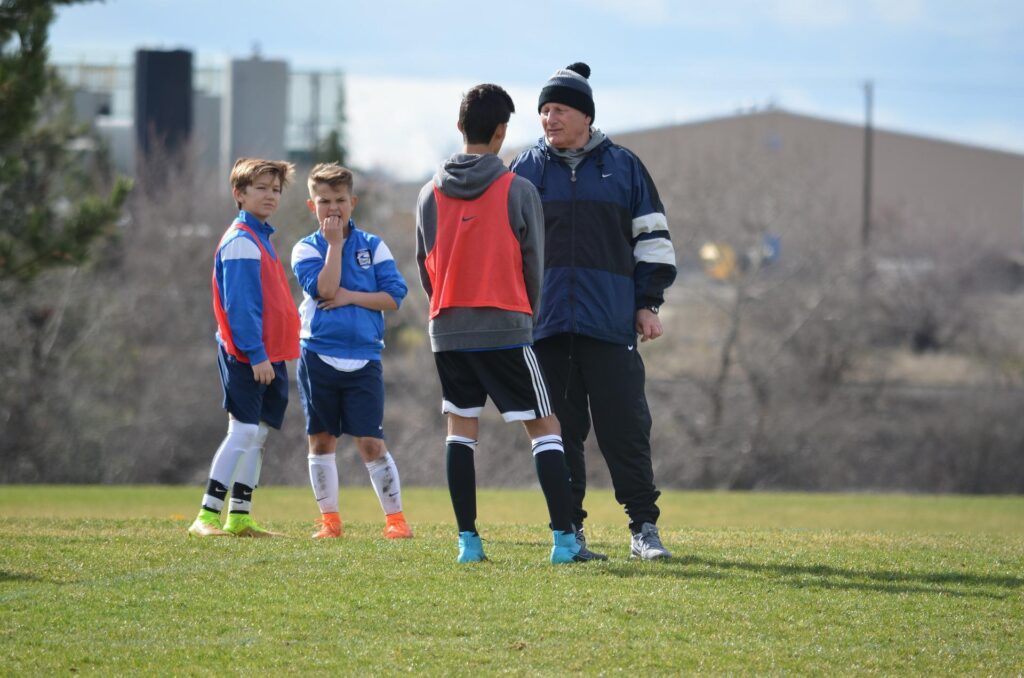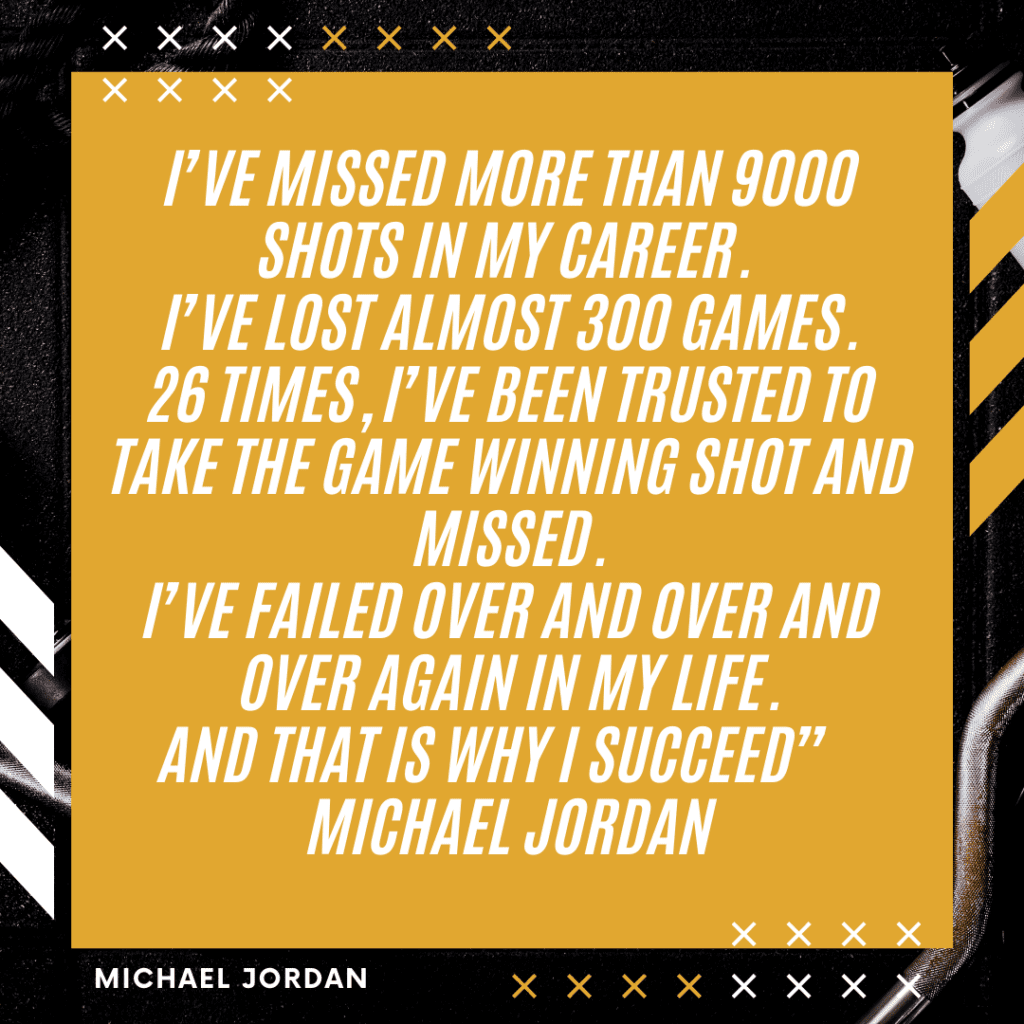
Can You Teach Coachability?

Unless you can teach coachability to a player, it doesn’t matter how much talent they have, they will not succeed. An often overlooked factor that has a huge impact on the success of an athlete is how coachable they are. Some players are coachable from a young age. What about the players who aren’t?
We all have known athletes who are “uncoachable”. These are the kids who disrespect their coach or fellow teammates. Perhaps they talk back or blame others for their errors. Maybe they are lazy during practice. Subsequently, they may do as little as possible, and then expect to start come game time.
How do Coaches Measure Coachability?
- I asked a few, and this is what they told me:
- Seeking the coach out to ask questions or for follow up to instruction
- Being willing to listen to the coach without talking back
- Not getting upset at constructive criticism
- Supporting their teammates and encouraging them
- Understanding they are a part of a team and not playing an individual sport
- Being ready to play hard at every practice, not just at the games
- Attending every practice
- Asking the coach what they can do to improve
- Actively demonstrate that they are incorporating what they learn into their play
Can You Teach Coachability?
Yes. However a player has to want to change their mindset. For a player to succeed in any sport, they need to be willing to take criticism and suggestions. They need to be willing to work hard and change behaviors if necessary. Parents can help coaches teach coachability.
Coachability is the willingness and ability of a player to learn from what others tell him, and the ability to apply what he is told to his game. Sometimes, players will recognize errors in their own behavior and work towards correcting these. A player has to have the ability to recognize that they don’t know everything and that the coaches and trainers are there is to help them. They can only change if they make a conscious effort to do so.
Coaches can get frustrated if they feel as if they are constantly being ignored. We need coaches who have enough insight on player development to recognize that not all players who aren’t making suggested changes aren’t coachable. Some players don’t want to learn. In some instances, players think they know more than the coach.
In other cases, it isn’t that the player doesn’t value the coach’s opinion. It may be that the player is not confident enough to try something new. They may just be scared that they will lose the ball or hurt their team. It is very common for athletes to experience periods in which they lose confidence.
Oftentimes it is the strongest players that experience this. Sometimes players expect perfectionism from themselves. This is not healthy. Athletes place a lot of pressure on themselves. Some athletes feel as if the team, the coach, their parents, the club are all depending on them.
Players Should Know it’s All Right to Make Mistakes
Parents and coaches need to teach players that it is ok to make mistakes. The players need to know they are supported. It is good to try new things and stretch out of one’s comfort zone. It is not the end of the world if you mess up.

An athlete can change his mindset. Parents can help teach coachability in their athlete by supporting the coach. They can encourage their players to try new things, and not to be afraid of making mistakes.
Parents need to be mindful that they aren’t pushing a sport on their child. Many parents push their kids because they want their own dreams and aspirations fulfilled. There is a difference between encouraging a promising player to stick with something and forcing him to continue a sport that may no longer have his full interest.
Return to Homepage


